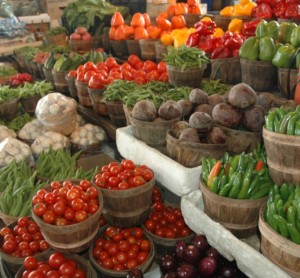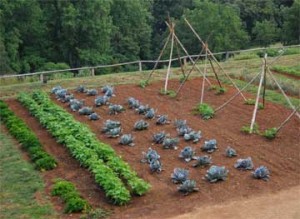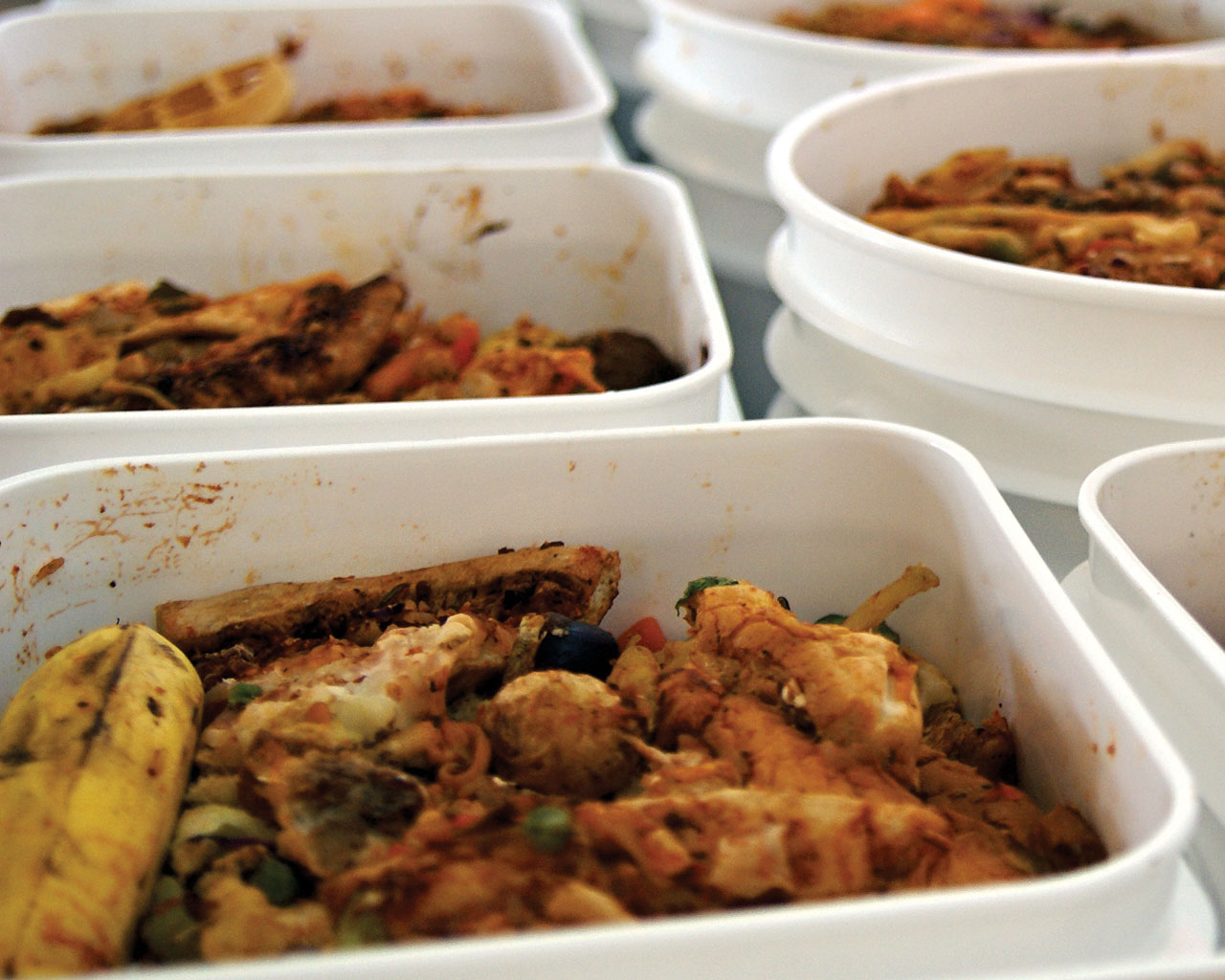I’m guilty and I feel it. I just threw out food that could have been eaten by someone else that desperately needs it.
There are so many men, women and children who are hungry each day, all the while the US and Europe wastes enough food to feed them all; how is that ok?
Not to mention the issue of garbage dumps growing exponentially.
Yet, I know how easily it all happens.
With three very picky kids I end up throwing their uneaten scraps (thank goodness we at least have a dog again!) into the trash on a daily basis.
At times, I’m a poor planner too. I let that extra sour cream go to waste. I find rotten fruit that just didn’t get eaten sometimes. We don’t make a meal of our leftovers, they end up sitting too long and boom, in the trash they go.
And of course the roots of this problem go a lot deeper than this too; to that of the “Throw Away Culture” in which we live…
But, what can you do?
I know I’m not the only one who has thrown food away that could have been used had they made just a bit more effort in some way. And, I definitely know I’m not the only one who is ready for some help to change this costly habit. So, I went on a search for more information and tips on what to do to help reduce food waste at both our own homes as well as within our communities as a whole.
Meal Planning
First and foremost for reducing food waste on a personal level is meal planning. When you plan ahead you can be sure to only buy what you’ll actually use in the first place. Also you can plan meals off of ingredients you’re getting that would otherwise go to waste.
For example, I get sour cream once in awhile but its sold only in a size we’d never use completely. Its one of the things I frequently find myself throwing out. But, when I plan for at least one other dish that week that utilizes sour cream in the ingredient list – I use the whole container and don’t waste food or money!
 And there’s the issue of uneaten leftovers. If you simply plan to eat them, within your meal plan for the week/month though then that’s dinner whether its everyone’s favorite or not!
And there’s the issue of uneaten leftovers. If you simply plan to eat them, within your meal plan for the week/month though then that’s dinner whether its everyone’s favorite or not!
Changes in Diet
The meat industry is incredibly wasteful and, the land that it takes to raise a cow for example, could be used much more efficiently and sustainably by growing vegetables and fruits. If we all just ate meat only one meal a week we could change a lot all the while still indulging in the great American answer to “what’s for dinner”
Composting
When you do waste food, try to compost what you can. Not only will you get “black gold” you can use on your garden you can reduce great plies of old veggies, fruits, and other foods into much smaller piles of soil that’s much more beneficial for the earth than garbage in just a few weeks.
In fact, community wide composting operations can even be created in more urban areas and, cities and towns can institute composting programs the same way they’ve done with recycling. Then they can use the rich compost they get in return for the town and community gardens all the while saving countless dollars on fees associated with garbage collection and dumping.
Farming
Factory farming has harmed the earth in many ways and food waste is one of them. If more farms grew a variety of foods as opposed to one “cash crop”, and grew them organically they, along with home gardeners (see below), could partner up, work together, and localize the food supply.
This would enable each community to work together to meet the unique needs of their area and thereby reduce the waste at the farm as well as at the markets.
 Home Gardening & Food Preservation Techniques
Home Gardening & Food Preservation Techniques
When you grow your own food and plan your meals around your own harvest as well as use food preservation techniques you can reduce your food waste dramatically.
You can also plan to grow good nutritious food for local food pantries and soup kitchens as helping those who are hungry by giving away food is an important piece of reducing food waste and keeping everyone’s bellies full on a larger scale.
Politics
While each action you take to reduce food waste on an individual scale matters greatly, there simply is part of this puzzle that is solely based in politics. Things like farm subsidies, trade issues, increasing food charity, etc are issues that require participation from humans on a global scale.
We can still work for change in the politics of food waste though too. Make noise about food waste and let your government know its an issue for you. Educate your community members so they too can work toward political policies, initiatives, candidates, etc that address food waste and offer catalysts for change.
While this issue is a huge one, the reality is that we can all do a little something to decrease food waste on individual, local and global levels. This in turn will slowly begin to help make the changes necessary in order to stop wasting food and help our fellow humans who are currently going hungry to gain access to the nutrition they so desperately need.



